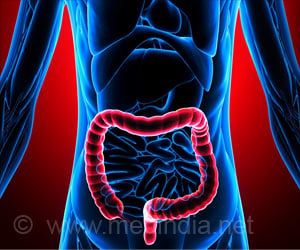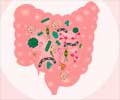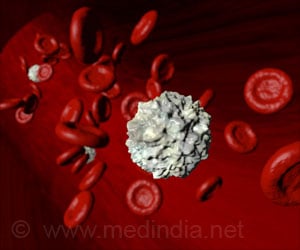Certain foods like dairy, beans, and caffeine can worsen symptoms of irritable bowel and should be avoided for better gut health.
- FODMAP-rich foods like onions and beans can trigger digestive issues
- Dairy products may worsen symptoms due to lactose intolerance
- Caffeine and alcohol can overstimulate the gut and increase discomfort
Eating, Diet, & Nutrition for Irritable Bowel Syndrome
Go to source). IBS, or Irritable Bowel Syndrome, is a widespread gastrointestinal condition that affects the functioning of the digestive tract. Although it doesn’t cause physical damage to the intestines, it can disrupt daily life. Those with IBS often have a highly sensitive digestive system that reacts strongly to particular foods, stress, or hormonal shifts, leading to symptoms such as bloating, stomach pain, constipation, or diarrhea (2✔ ✔Trusted Source
Irritable Bowel Syndrome (IBS)
Go to source).
Over 10 percent of people worldwide live with irritable bowel syndrome, and many can reduce symptoms by avoiding foods high in fermentable sugars like onions, beans, and dairy. #medindia #digestivehealth #irritablebowelsyndrome’
Common Symptoms of Irritable Bowel Syndrome
Irritable Bowel Syndrome (IBS) is a common digestive disorder that affects how the gut functions. It doesn't cause permanent damage to the bowel but can impact quality of life. Common symptoms include:- Stomach pain or cramps (often worse after eating, relieved after passing stool)
- Bloating
- Diarrhea or constipation
- Irregular bowel movements
Foods to Avoid if You Have IBS
To help manage these issues experts recommend the following dietary tips:- High-FODMAP Foods: Items like onions, garlic, apples, beans, and cauliflower, while nutritious for most people, can cause digestive issues for those with IBS. These foods contain FODMAPs—fermentable sugars that are not well absorbed in the gut. Once in the intestines, they begin to ferment, producing gas and triggering bloating and cramps. Wheat and rye may also lead to similar problems.
- Dairy Products: If consuming milk, cheese, or ice cream results in bloating or urgent bathroom visits, lactose intolerance may be the cause. Many people with IBS are sensitive to lactose, and dairy products may irritate the gut. Trying lactose-free alternatives like almond or oat milk can help reduce symptoms.
- Caffeine and Alcohol: These beverages are known to upset the digestive system. These beverages can overstimulate digestion and may cause cramping or diarrhea. Reducing the intake of coffee, energy drinks, and alcoholic beverages is recommended for those managing IBS.
- Artificial Sweeteners: Sugar substitutes found in gum, candy, and diet products—such as sorbitol and mannitol—may worsen IBS symptoms. These sugar substitutes are poorly absorbed in the gut, leading to gas, bloating, and loose stools. Reading labels carefully can help if your digestive system is sensitive to these ingredients.
- Fried and Fatty Foods: Foods high in fat, like fried snacks, creamy sauces, and buttery dishes, can aggravate a sensitive digestive system. High fat content can slow digestion and increase gut discomfort, resulting in symptoms such as abdominal pain or diarrhea. Healthier cooking methods like steaming or grilling are preferable.
References:
- Eating, Diet, & Nutrition for Irritable Bowel Syndrome - (https://www.niddk.nih.gov/health-information/digestive-diseases/irritable-bowel-syndrome/eating-diet-nutrition)
- Irritable Bowel Syndrome (IBS) - (https://my.clevelandclinic.org/health/diseases/4342-irritable-bowel-syndrome-ibs)
Source-Medindia















